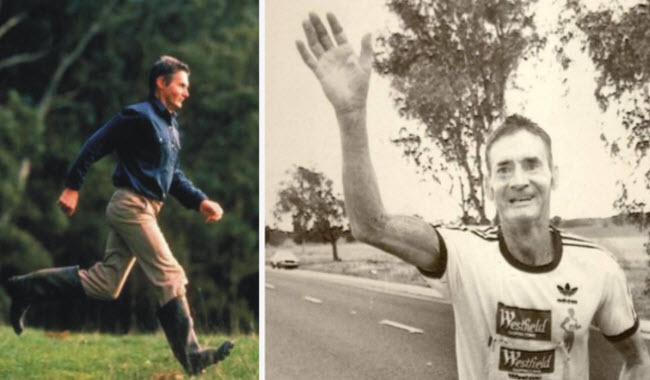In early 1983, during the organization of the Ultramarathon in Australia—a type of race that takes days to complete due to the vast distance between Sydney and Melbourne—a surprising participant emerged. A 61-year-old farmer named Cliff Young stepped forward to take part. While it was unusual for someone of his age to enter such a demanding race, what caught even more attention was his attire: instead of traditional running gear, Cliff showed up wearing his everyday farmer’s outfit. Naturally, no one expected much from him, and betting on his success seemed absurd. Yet, what followed shocked the world.
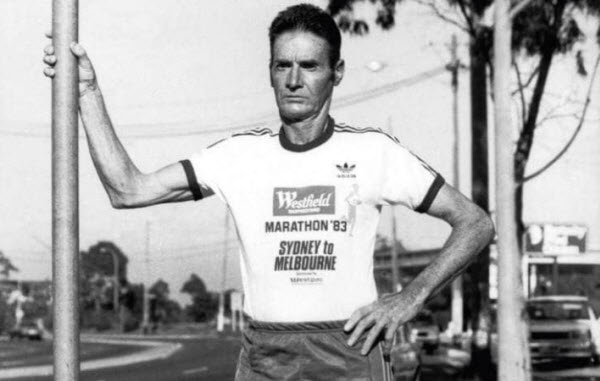
Against all odds, Cliff Young managed to run more than 875 kilometers in under six days, setting a record for one of the most challenging marathons in history. His incredible performance left everyone wondering: what secret did this seemingly ordinary farmer possess to triumph in such a grueling competition?
A Unique Start
As the race began with the participants sprinting from Sydney, it was clear that Cliff Young would be trailing behind. His slow pace barely kept up with the other racers. However, things took a surprising turn on the first night of the marathon. By the dawn of the second day, Cliff had made significant progress, surpassing many competitors. Some attributed this to the tough training methods taught by his coach, Wally Zueschner, a visually impaired man known for his rigorous tactics. In an amusing twist, Zueschner would set the alarm clock to wake Cliff up at 2 a.m.—much earlier than planned. When the alarm went off, Cliff would jump up and start running, not realizing it was still dark and not the scheduled time.
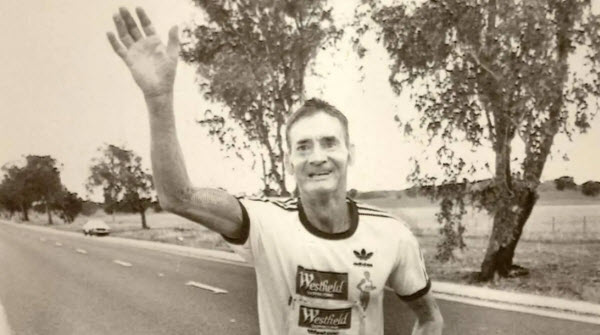
The Winning Strategy
This early wake-up routine put Cliff Young ahead of his competitors, and he soon turned this accidental advantage into a deliberate winning strategy. Instead of stopping to sleep at night like the others, Cliff continued running. He famously explained, “I’m just an old tortoise; I need to keep going.” Along with his early starts, Cliff also adopted an unconventional running style that helped him conserve energy, allowing him to run for extended periods without rest. This peculiar technique, later named the “Young Shuffle,” proved so effective that subsequent marathon runners began adopting it. In fact, three runners in the years following Cliff’s victory won the same race using the “Young Shuffle.”
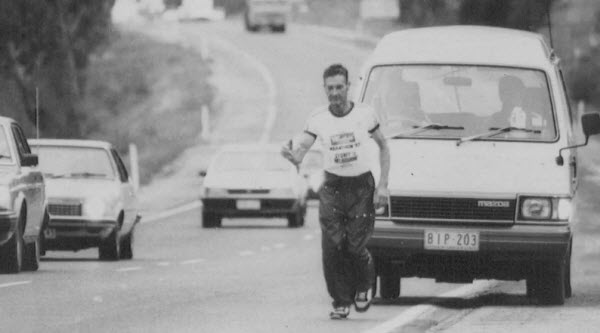
A Determined Competitor
As Cliff Young closed in on Melbourne, he became the focus of media and fans alike. Reporters followed his every move, eager to capture the story of this unlikely champion. On the final leg of the marathon, a competitor named Joe Record, aged 41, thought he could catch up with Cliff. Joe jokingly said, “I thought I could catch that old tortoise, but it turns out he’s a hare in disguise!” However, despite Joe’s best efforts, Cliff maintained his lead.
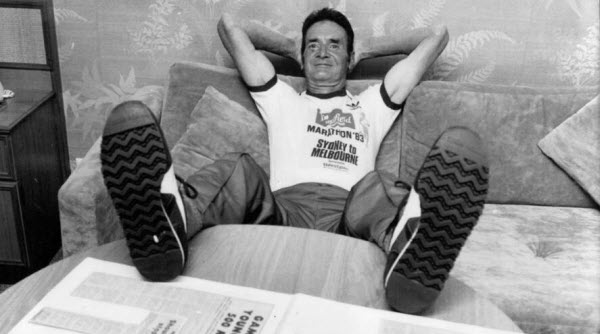
In a record-breaking time of 5 days and 15 hours, Cliff Young crossed the finish line in Melbourne. He won the race, earning a $10,000 prize. Yet, in a show of humility and generosity, Cliff donated most of his prize money to his fellow competitors. He explained that he had originally agreed with Joe Record to split the winnings if either of them won. Despite spending part of the money before remembering the agreement, Cliff gave $4,000 to other runners and $3,000 to Joe Record. Fortunately, Joe didn’t mind.
A National Hero
Following his historic win, Cliff Young became a national hero in Australia. People were captivated by the story of the humble potato farmer who had run over 875 kilometers. Cliff shared that growing up on a farm with little money meant he couldn’t afford horses or tractors. When storms hit, he had to run to gather his 2,000 sheep across a 2,000-acre farm, a task that would take two to three days. This background, he believed, prepared him for the ultramarathon. He credited his success to a diet of fruits and grains and offered advice to older runners, encouraging them to stay active. “Get out of those wheelchairs and take a few laps,” he would say, “If you don’t, your joints will rust up like an old engine.”
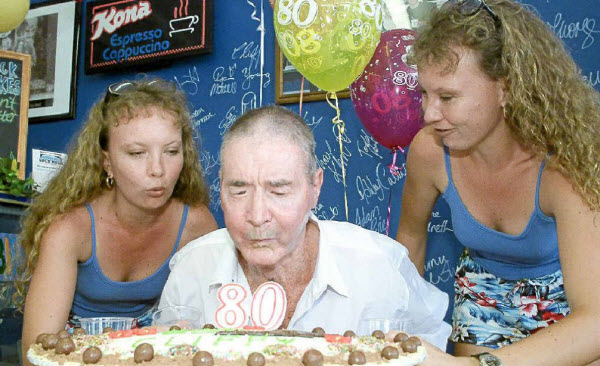
A Lifelong Runner
Despite his monumental victory, Cliff Young didn’t retire from running. The following year, he returned to Sydney to participate in the same ultramarathon, finishing seventh. Even in his seventies, Cliff attempted to run across Australia but had to stop due to illness in his support team. He remained dedicated to running until his death in 2003 at the age of 81.
